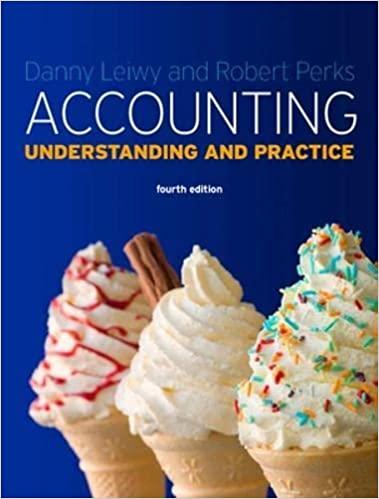


Tax Rates for Net Capital Gains and Qualified Dividends Taxable Income Rate* Head of Household Trusts and Estates 0% Married Filing Jointly $0 - $80,000 $80,001 - $496,600 $496,601+ Married Filing Separately $0 - $40,000 $40,001 - $248,300 $248,301+ Single $0 - $40,000 $40,001 - $441,450 $441,451+ 15% $0 - $53,600 $53,601 - $469,050 $469,051+ $0 - $2,650 $2,651 - $13,150 $13,151+ 20% *This rate applies to the net capital gains and qualified dividends that fall within the range of taxable income specified in the table (net capital gains and qualified dividends are included in taxable income last for this purpose). 2020 Tax Rate Schedules Individuals Schedule X-Single If taxable income is over:But not over: The tax is: $ 0 $ 9,875 10% of taxable income $ 9,875 $ 40,125 $987.50 plus 12% of the excess over $9,875 $ 40,125 $ 85,525 $4,617.50 plus 22% of the excess over $40,125 $ 85,525 $163,300 $14,605.50 plus 24% of the excess over $85,525 $ 163,300 $207,350 $33,271.50 plus 32% of the excess over $163,300 $207,350 $518,400 $47,367.50 plus 35% of the excess over $207,350 $518,400 $156,235 plus 37% of the excess over $518,400 Schedule Y-1-Married Filing Jointly or Qualifying Widow(er) If taxable income is over: But not over: The tax is: $ 0 $ 19,750 10% of taxable income $ 19,750 $ 80,250 $1,975 plus 12% of the excess over $19,750 $ 80,250 $171,050 $9,235 plus 22% of the excess over $80,250 $171,050 $326,600 $29,211 plus 24% of the excess over $171,050 $326,600 $414,700 $66,543 plus 32% of the excess over $326,600 $414,700 $622,050 $94,735 plus 35% of the excess over $414,700 $622,050 $167,307.50 plus 37% of the excess over $622,050 Schedule Z-Head of Household If taxable income is over: But not over: The tax is: $ 0 $ 14,100 10% of taxable income $ 14,100 $ 53,700 $1,410 plus 12% of the excess over $14,100 $ 53,700 $ 85,500 $6,162 plus 22% of the excess over $53,700 $ 85,500 $163,300 $13,158 plus 24% of the excess over $85,500 $163,300 $207,350 $31,830 plus 32% of the excess over $163,300 $207,350 $518,400 $45,926 plus 35% of the excess over $207,350 $518,400 $154,793.50 plus 37% of the excess over $518,400 Schedule Y-2-Married Filing Separately If taxable income is over: But not over: The tax is: $ 0 $ 9,875 10% of taxable income $ 9,875 $ 40,125 $987.50 plus 12% of the excess over $9,875 $ 40,125 $ 85,525 $4,617.50 plus 22% of the excess over $40,125 $ 85,525 $163,300 $14,605.50 plus 24% of the excess over $85,525 $163,300 $207,350 $33,271.50 plus 32% of the excess over $ 163,300 $207,350 $311,025 $47,367.50 plus 35% of the excess over $207,350 $311025 $83 653 75 plus 370% of the excess over $311025 During the current year, Ron and Anne sold the following assets: (Use the dividends and capital gains tax rates and tax rate schedules.) Holding Period Capital Asset L stock M stock N stock O stock Antiques Rental home Market Value $ 53,000 31,000 33,000 29,000 10,000 303,000* Tax Basis $42,500 40,500 23,500 34,500 5,500 91,500 > 1 year > 1 year 1 year > 1 year *$30,000 of the gain is 25 percent gain (from accumulated depreciation on the property). Ignore the Net Investment Income Tax. b. Given that Ron and Anne have taxable income of $403,000 (all ordinary) before considering the tax effect of their asset sales, what is their gross tax liability for 2020 assuming they file a joint return? (Round all your intermediate computations to the nearest whole dollar amount.) Gross tax liability









